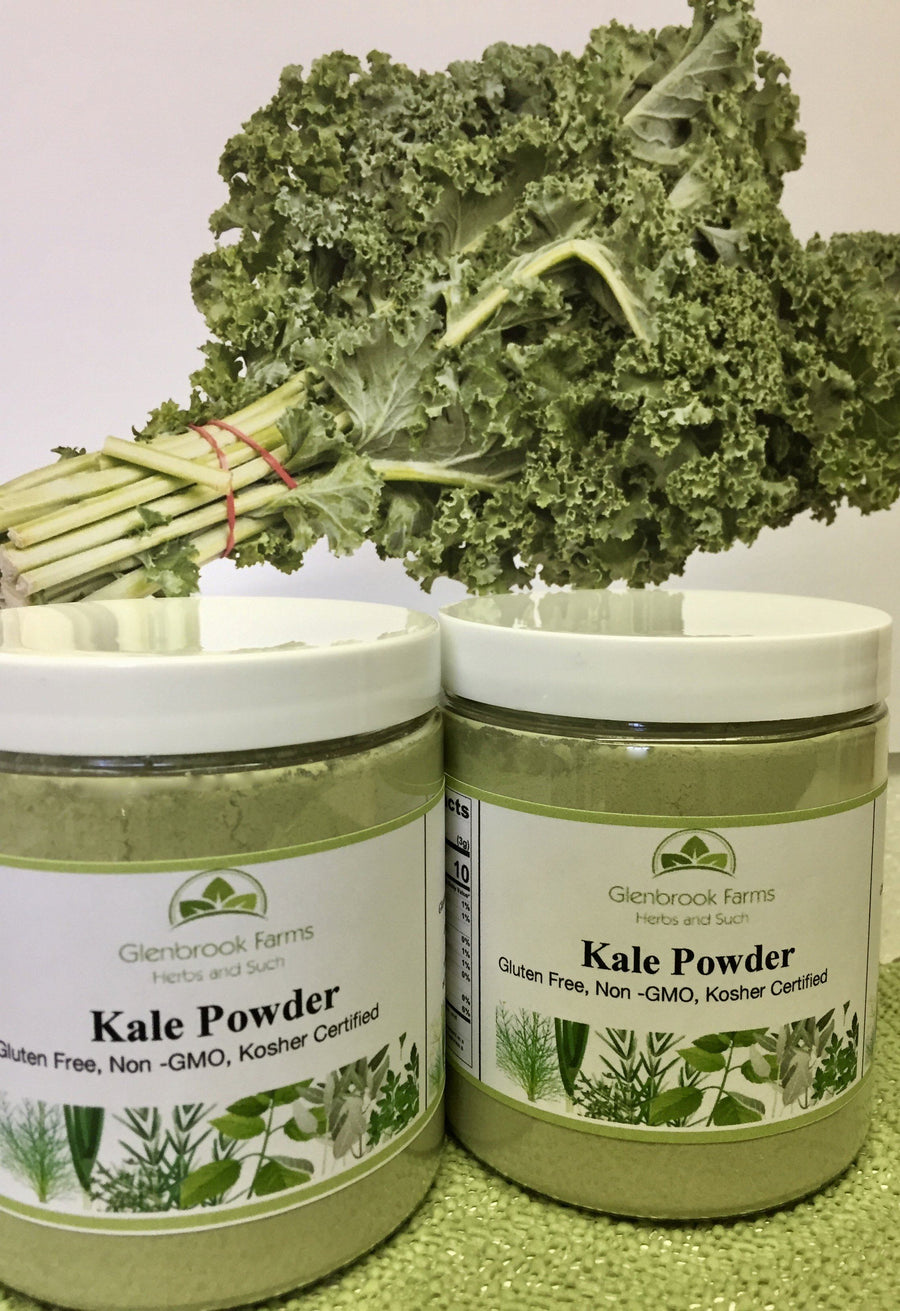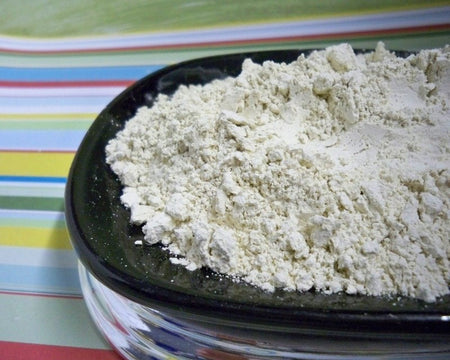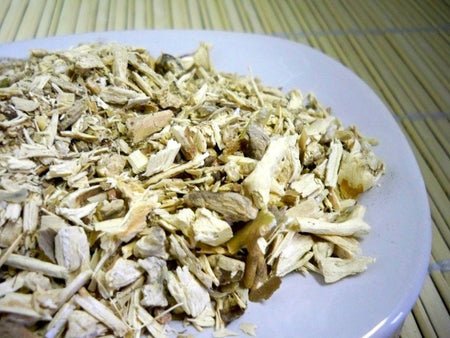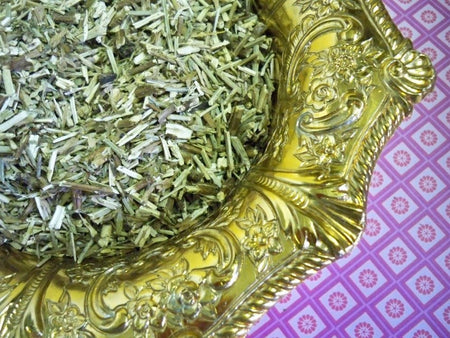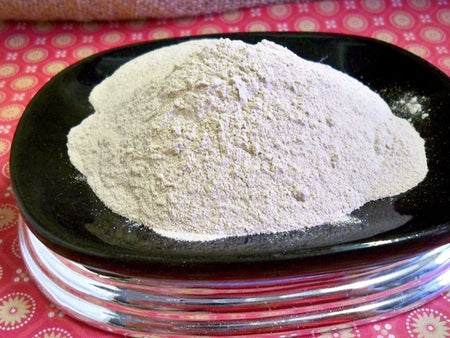Description
Kale is a very nutrient dense food that sports a large of amounts of Flavonoids called quercetin and kaempferol.
According to the National Insitute of Health Quercetin does this:
Quercetin, a flavonoid found in fruits and vegetables, has unique biological properties that may improve mental/physical performance and reduce infection risk . These properties form the basis for potential benefits to overall health and disease resistance, including anti-carcinogenic, anti-inflammatory, antiviral, antioxidant, and psychostimulant activities, as well as the ability to inhibit lipid peroxidation, platelet aggregation and capillary permeability, and to stimulate mitochondrial biogenesisIt is an excellent source of Vitamin C and Vitamin K. It is also a good source of minerals and beta-carotene.
Kaempferol:
Kaempferol is a polyphenol antioxidant found in fruits and vegetables. Many studies have described the beneficial effects of dietary kaempferol in reducing the risk of chronic diseases. From NIH website. There are over 7,000 pages at the NIH website on this antioxidant.
Kale is also high in Vitamin C and Beta-Carotene

